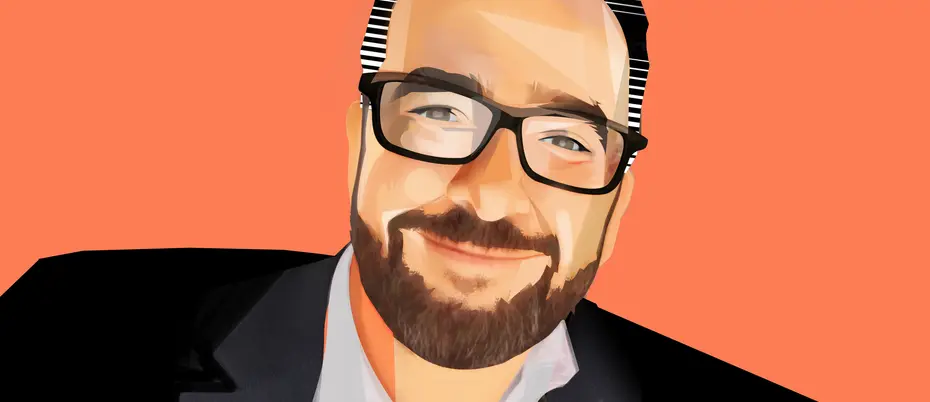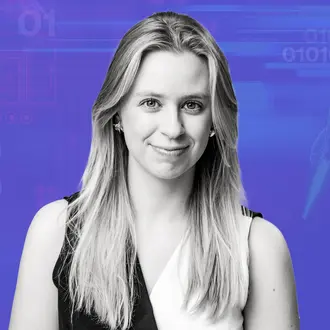Entrepreneurship
This serial entrepreneur treats new ideas like a Tamagotchi
New ideas require care, upkeep, and attention. Share them early with friends, clients, colleagues, and others.
Unlimiteck is not your normal holding company. Based in Madrid, it bills itself as an innovation lab, corporate accelerator, and “startup factory” for “co-investment and co-creation with startups.” It’s an idea place.
But that doesn’t mean everyone is just piling up aha moments. Unlimiteck co-founder Alberto Rodriguez de Lama believes even a good idea is no good if you can’t execute correctly. For him, that means early, intensive nurturing of ideas and rapid testing. And a beachfront villa for employees and partners to visit and think creatively.
Rodriguez de Lama visited MIT recently to talk with senior lecturer Court Chilton’s “Managing in Ambiguity” class. We asked him how he works with ideas.
What inspires you?
When talking about idea generation, I must admit that I strongly believe in intuitions and inspirations but combined with a little bit of discipline and methodology. I usually get inspired by reading technology articles in Medium and listening to my bedside books in Audible. I listen to the same book more than twice. I always listen to them in English and pause frequently to write notes on my iPhone. I have more than 2,000 notes, many of which have ideas that I'm giving shape by discussing with the rest of my partners.
Who inspires you?
My first source of inspiration has always been my father, a genuine entrepreneur, not only for business ideas but especially in values and principles. Apart from him, I can list a bunch of thinkers that have impacted me: Nassim Nicholas Taleb, especially with his last book “Skin in the Game.” Kjell A. Nordstrom, co-author of the classic “Funky Business.” Malcom Gladwell with “Outliers,” and Alex Osterwalder and his research and publications around business models.
Where do you get ideas?
Always outside the office. I foster lunch meetings and conversations with intellectually interesting people — if possible, with a glass of wine. We have acquired a beachfront villa in the south of Spain for employees and partners to boost creativity and look for inspiration in a natural and heavenly environment. The question is not so much where to go to get ideas, but how to put people in such a mindset so that ideas perch on their heads. The more we move out people from their daily environment the better.
How do you keep track of new ideas?
I usually compare ideas to a Tamagotchi, the digital pet first released by Bandai in Japan in 1996. You need to feed your Tamagotchi daily, play games, clean up and check his weight and happiness. As a baby, a new idea needs all kinds of care like a newborn, 24/7 during the first six months.
Who do you share new ideas with?
[At Unlimiteck], we are four founders, we are constantly sharing ideas via Slack or WhatsApp. I always test new ideas with friends, clients, investors, and other entrepreneurs that have showed to me good criteria in past iterations. The first step is to try to understand the idea: What is the scope, complexity, depth, and potential of new ideas? Because we all tend to imagine different things when we first hear about a new idea.
We usually build a quick and dirty prototype and test it with friends or trusted clients. We work in the software industry, and we can release as many as 20 releases of the idea in the first 60 days, adding comments and feedback from friends and clients.
When do you know it is time to abandon an idea?
We all know the theory taught in academia: You must abandon the idea when you run out of money and you have pivoted several times. But in the real world this decision involves customers, investors, employees … and it is not so obvious where to stop. As an entrepreneur, I must accept that we might abandon an idea a little bit late, even if that means losing some extra money compared with a big corporation that makes decisions on stopping in a much more efficient way.
What was your worst idea?
I have lots of bad ideas. Ideas look ugly, imperfect, incomplete, and stupid at the beginning, only with a lot of time and focus do they evolve to eventually become a profitable business. My worst idea was to launch our software business in France, which has a reputation for bureaucracy. It took us six months to be able to open our branch and six months to close it. The French economy is governed by a complex set of laws and regulations which leaves little room for flexibility. We were able to sell our solutions in a complex market such as Japan but not in France.
How do you know an idea is a good one?
Obviously, there are brilliant, good, average, and bad ideas. But ideas, no matter how good an idea is, only represent the potential to become a business. The execution, the team, the test of time, and market filtering will truly give you the dimension of your idea. Because what matters in business isn’t how frequently ideas are good, but how much one makes when one idea is executed correctly.
What's the biggest idea you are working on right now?
We are training an AI system to automatically assess software without writing any single line of code. This new framework must be able to fully test an application in an automated and unattended way.
At MIT Sloan, we talk about ideas made to matter — ideas that are carefully developed and have meaningful impact in the world. In that context — what is your idea made to matter?
We acquired a 50,000 square foot old building in Madrid in 2017. We renewed it to build an entrepreneurship and innovation ecosystem to host our tech startups and Madrid tech communities. We would love to connect similar ecosystems around the world – without any economic interest – to share ideas, have some space free to receive other ecosystem visitors, and create a network of creative people willing to launch startups and change the fabric of the world’s economy.




